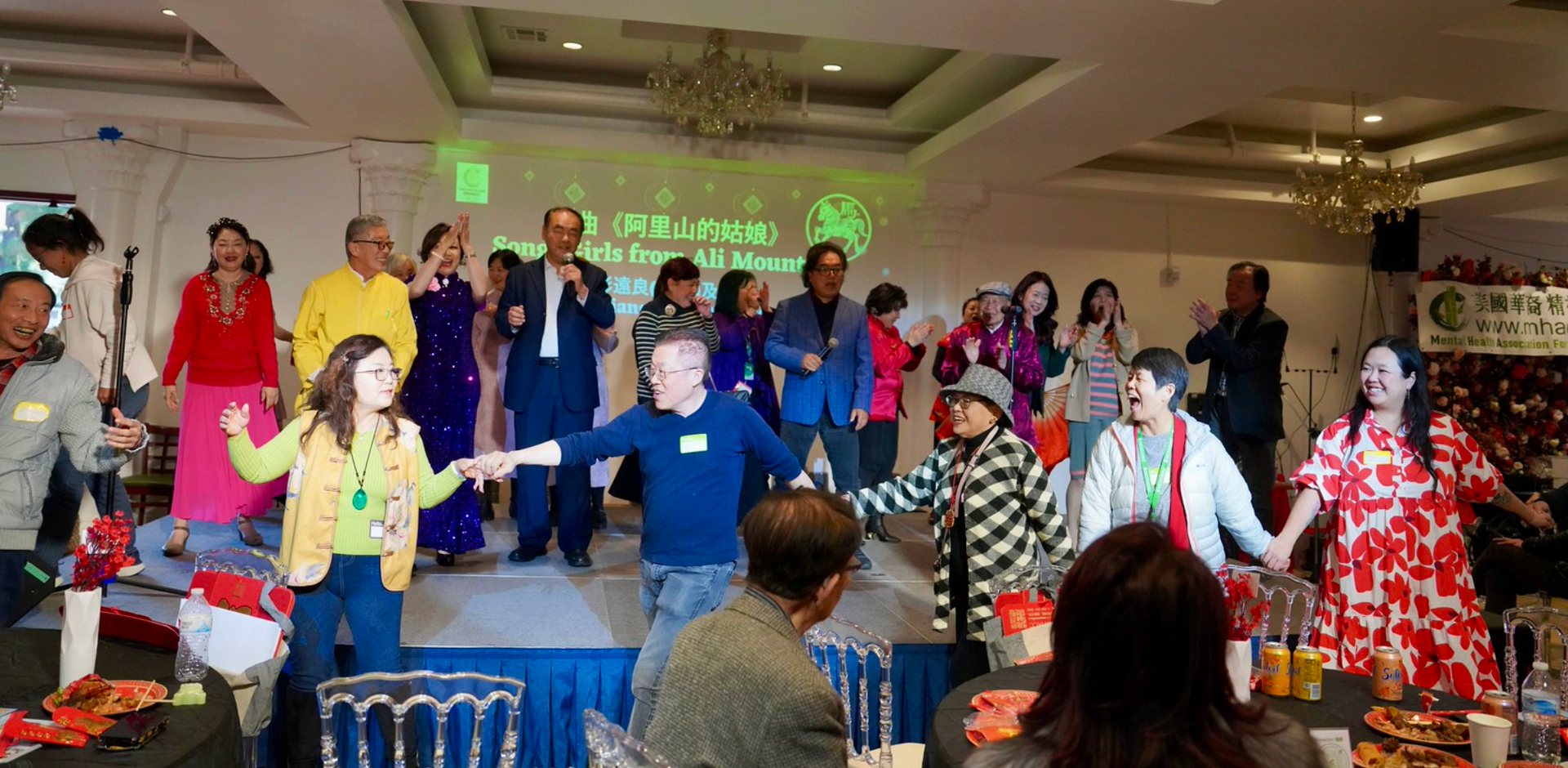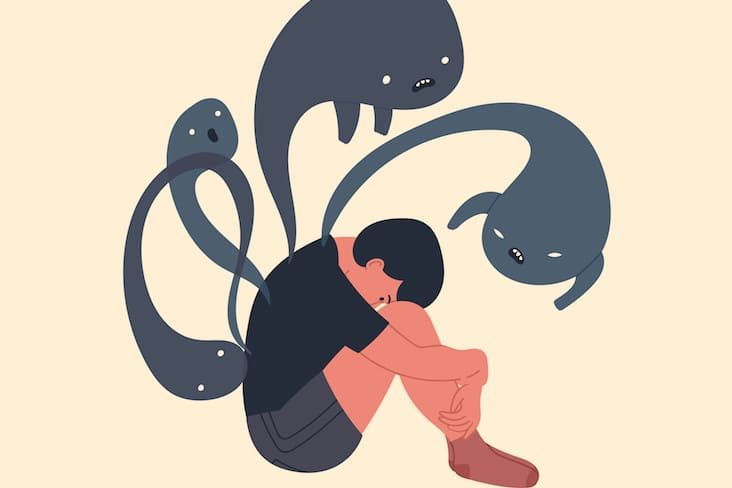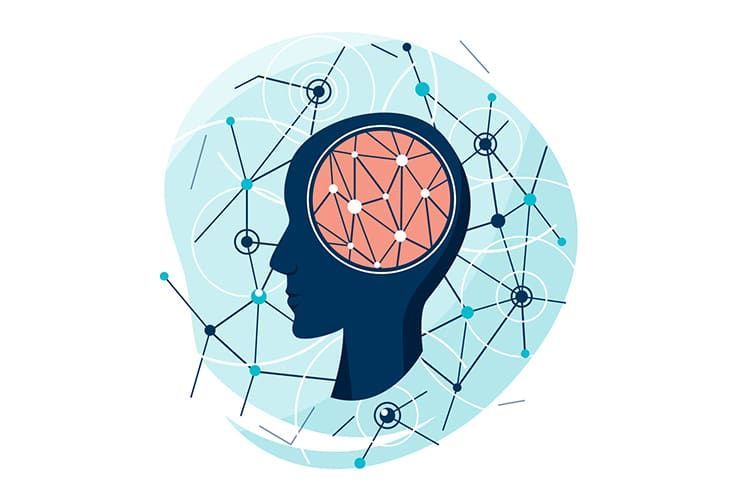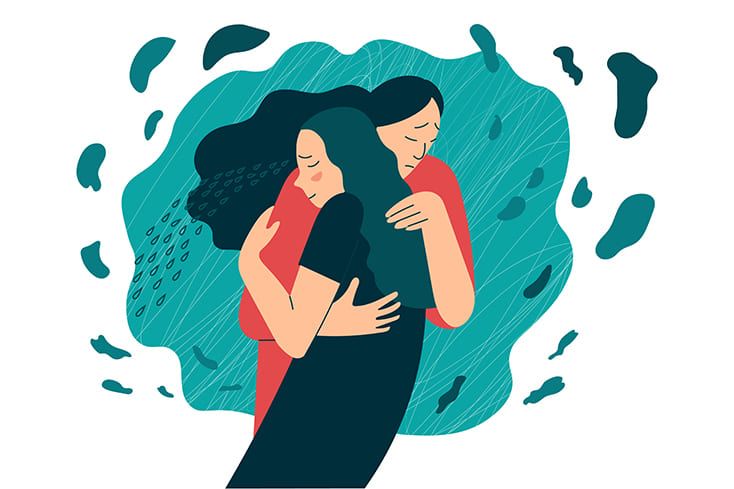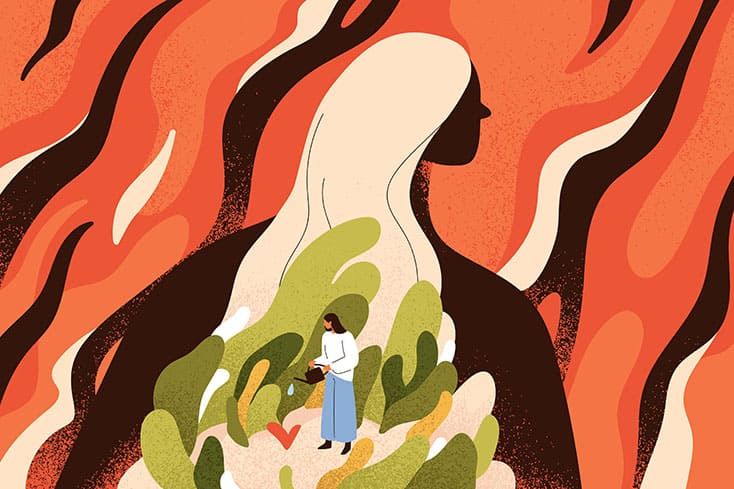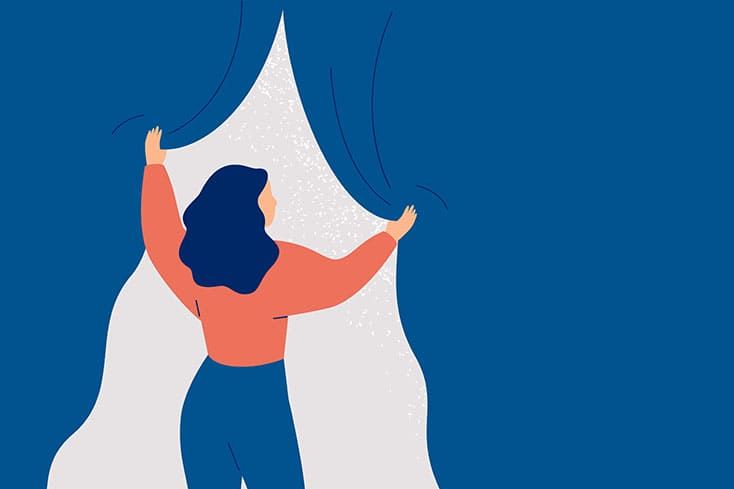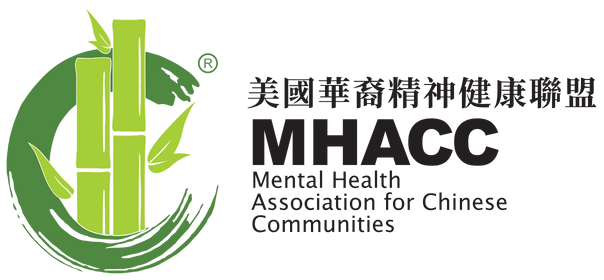Carole and Regina's Story | Carole and Regina 的故事
MHACC 雙語部落格 Bilingual Blog
Scroll down for the English Version ⬇️
作者:MHACC
附加連結:https://hhrec.org/carole-and-regina/
發佈日期:2025年8月3日
當Regina 16歲時,在擔任夏令營輔導員志工期間,被一棵倒下的樹砸中,導致創傷性腦損傷。她出現了身體和認知方面的問題,例如頭痛和記憶障礙。她的康復過程十分艱難,也因創傷後壓力症候群(PTSD)發展出心理健康問題。她的母親Carole希望能支持Regina度過這些挑戰,於是開始學習有關心理健康與大腦的知識。Carole與其他華人家庭一同參加了華語NAMI「家連家」課程和支持團體。之後,Carole共同創辦了「美國華裔精神健康聯盟」(Mental Health Association for Chinese Communities,簡稱MHACC),這是一家位於阿拉米達縣的心理健康非營利組織,辦公室設於奧克蘭、Castro Valley和Fremont。而從創立初期開始,Regina便一直支持MHACC的發展。
1980年代,Carole從上海移民到美國,當時身上僅有75美元。她在紐約創立了一個成功的時尚品牌,產品銷售於Neiman Marcus和Nordstrom等商店。她在商業與時尚產業累積多年經驗,但幫助他人始終是她工作中的主要動力。轉向心理健康領域的非營利工作是一次重大轉變,但Carole發現這份工作帶來極大的成就感。為了支持目前的工作,她取得了杜克大學的非營利管理證書。Carole了解到復原的方式有很多種,因人而異,可能包括藥物治療、心理治療與整體療法。她認為,第一步是具備知識。「如果你不了解心理健康問題的本質,就很難知道該如何應對,」Carole說。
除了因創傷性意外導致的PTSD之外,Regina多年來也經歷了廣泛性焦慮症及恐慌發作。她嘗試過各種治療方式,包括藥物和不同形式的心理治療。透過治療,她更認識自己,也學會如何管理症狀。她持續進行研究並嘗試新方法來改善焦慮與自我照護。她發現自己喜歡的運動形式,包括瑜伽和舞蹈。她認為維持規律作息、與朋友相處,以及從事編織等興趣,有助於維持心理健康。
在她腦傷之後,編織成為Regina康復過程中的重要部分。住院期間,教會的牧師帶來一條由教友手工編織的圍巾,希望能給她安慰。Carole和Regina覺得很有趣,因為當時正值夏天,但這件充滿愛心的手工物品的確帶來了慰藉。回家後,Regina重新學會的第一件事就是編織。她母親過去曾是針織設計師,家中有許多毛線。編織在她腦傷康復期間帶來平靜,也成為她至今仍在持續的自我照護方式。她也非常感激家人和朋友在困難時期對她的支持,願意傾聽與陪伴。
Author: MHACC
Additional Link: https://hhrec.org/carole-and-regina/
Date posted: 8/3/25
When Regina was 16, while volunteering as a camp counselor she was hit by a falling tree. The accident resulted in a traumatic brain injury. She experienced physical and cognitive issues such as headaches and memory issues. Her recovery was difficult and she developed mental health challenges from PTSD. Her mother Carole wanted to support Regina through these challenges and began studying about mental health and the brain. Carole, along with other Chinese families attended Chinese NAMI Family to Family classes and support groups. Carole went on to co-found Mental Health Association Chinese Communities (MHACC), an Alameda County-based mental health nonprofit with offices in Oakland, Castro Valley and Fremont and from the beginning Regina has helped support MHACC’s growth.
In the 1980’s Carole immigrated from Shanghai with $75 and built a successful fashion label in New York which sold in stores such as Neiman Marcus and Nordstrom. She has years of experience in business and the fashion industry, but helping people was always a primary motivation in her work. Transitioning to non-profit work in mental health was a big change, but Carole found it extremely fulfilling. She pursued and earned a Non-profit Management Certificate from Duke University to help support her current work. Carole’s learned there are many different components to recovery and what works will vary from person to person. She knows this may include medication, therapy and holistic practices. She believes that an important first step is knowledge. “If you don’t understand the nature of the mental health challenge, it’s hard to figure out how to address them,” Carole says.
Regina, in addition to the PTSD developed from her traumatic accident for many years dealt with generalized anxiety disorder and experienced panic attacks. She tried various treatments including medications and different styles of therapy. Through therapy, she learned more about herself and how to manage her symptoms. She continues to do research and try new things to help with her anxiety and self-care. She found forms of exercise that she enjoys such as yoga and dance. She finds sticking to regular routines, spending time with friends, and doing hobbies like knitting helpful in maintaining her mental wellness.
After her brain injury knitting became a big part of Regina’s recovery. In the hospital, the pastor from their church brought a scarf knitted by church members to provide her comfort. Carole and Regina thought it was funny because it was the middle of summer, but it was indeed comforting to have something handcrafted with love. After she came home, one of the first things Regina relearned was how to knit. She had lots of yarn at home from her Mother’s previous work as a knitwear designer. Knitting was a source of calm while Regina went through her brain injury recovery, and continues to be a self-care practice to this day. She is also very grateful to have supportive family and friends who helped her through the hard times and who are always there to talk and listen.
Sign up for our Newsletter
訂閱每月簡訊獲得最新資訊
Contact Us
